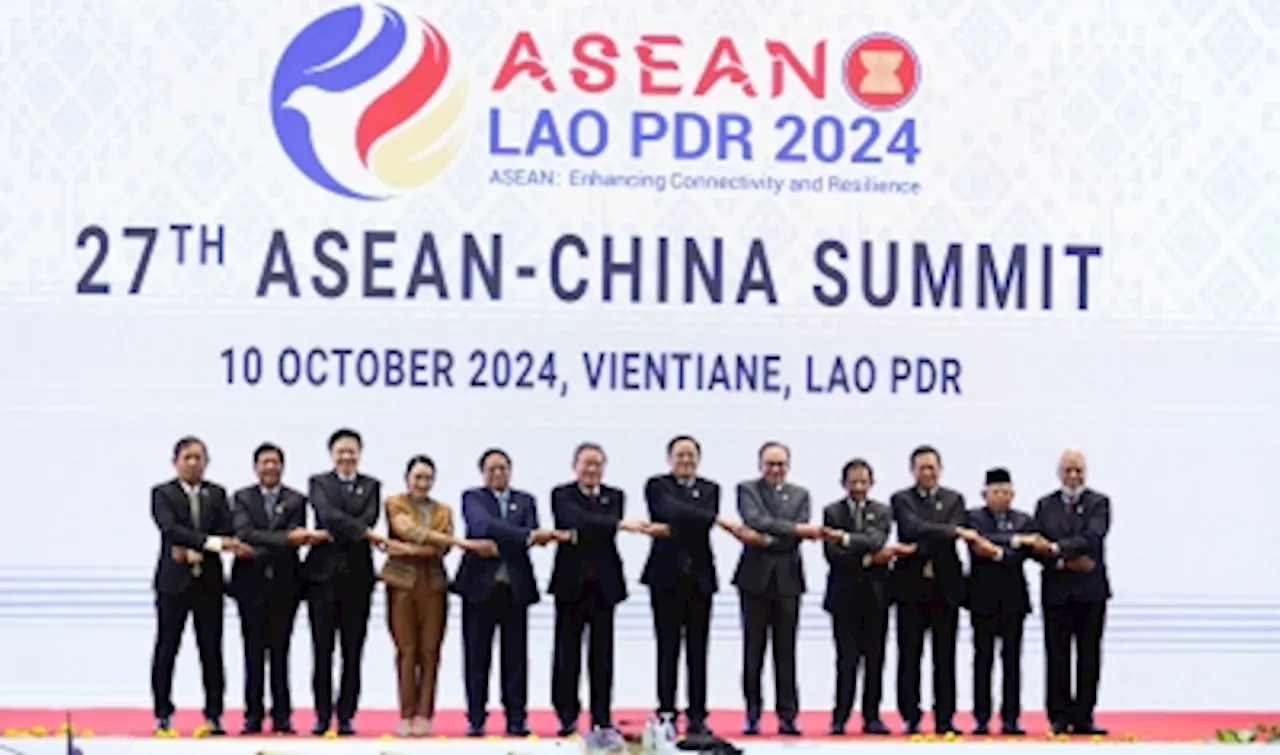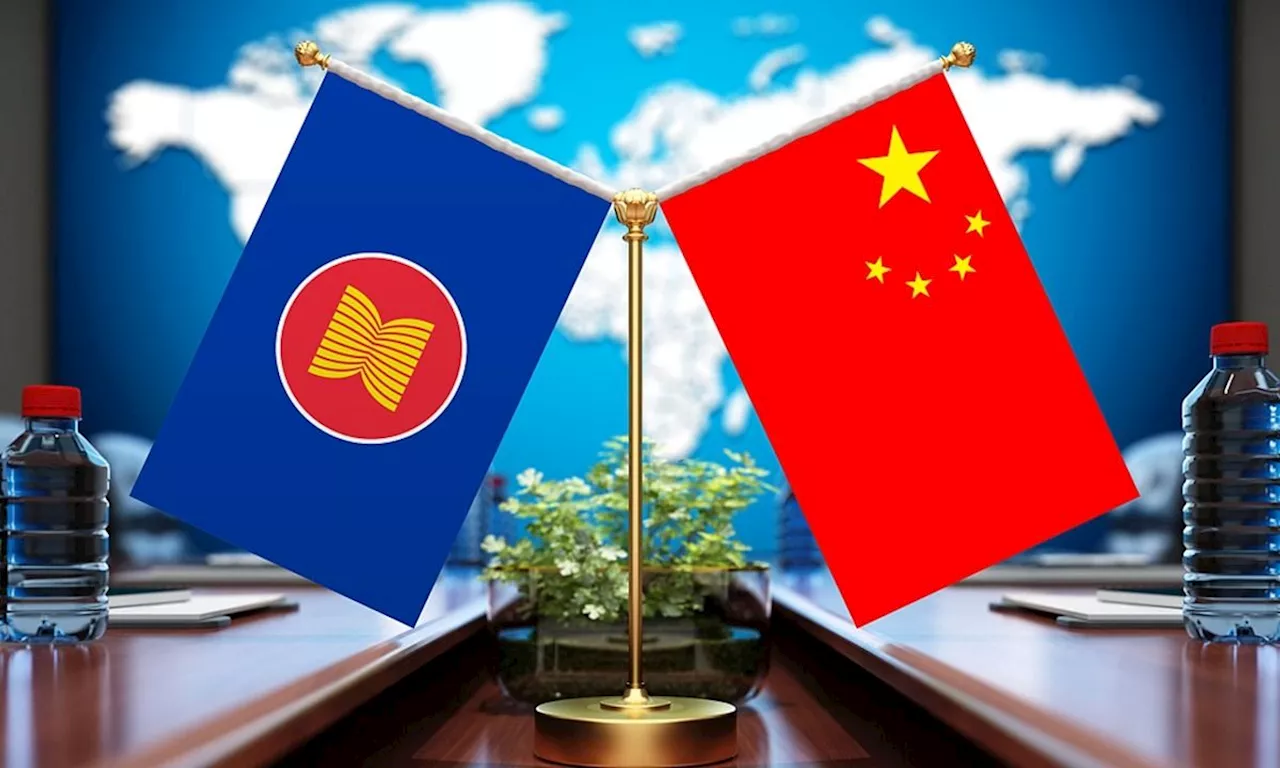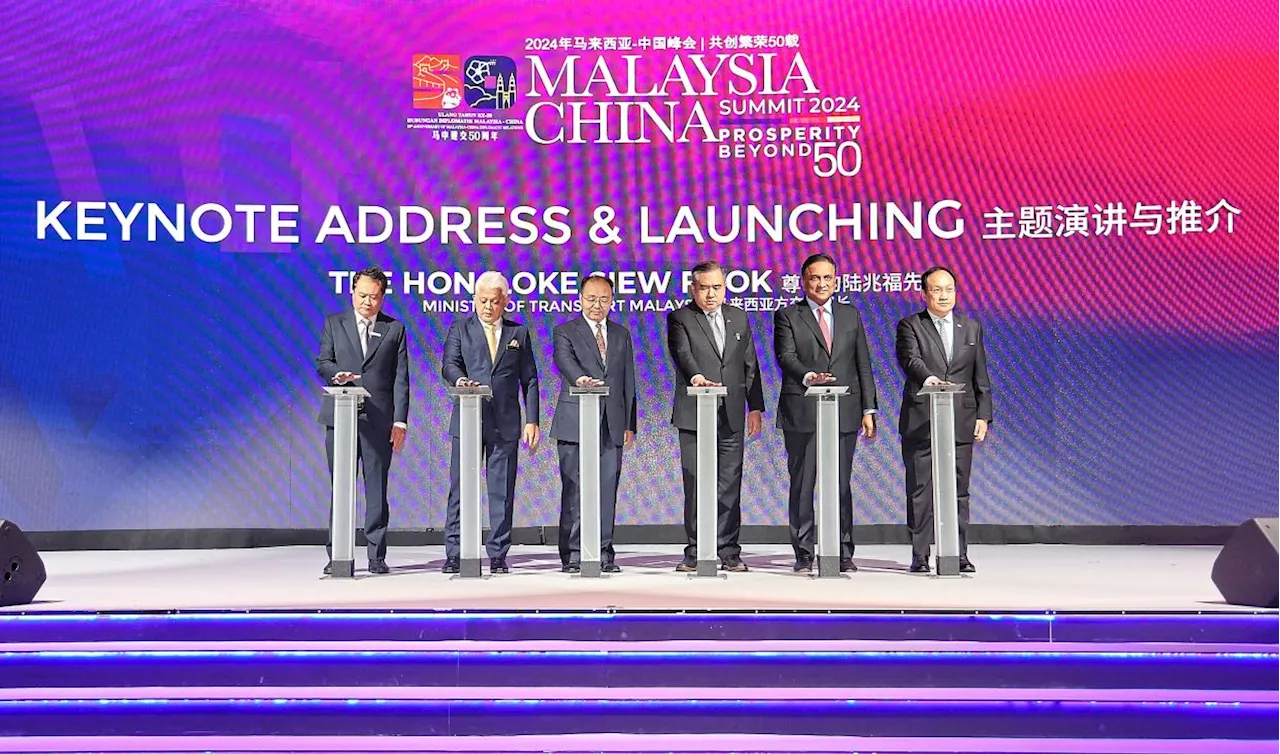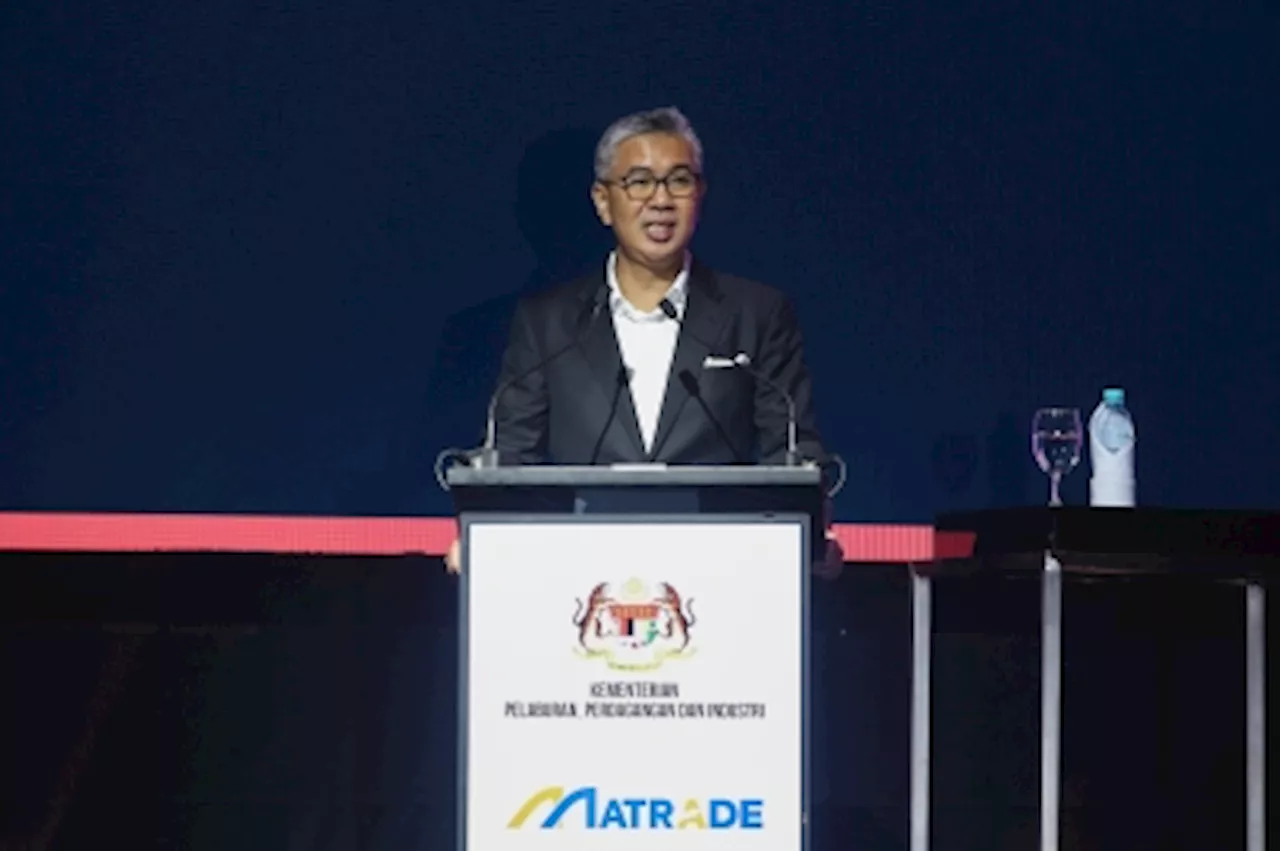An industry leader suggests close Asean collaboration to mitigate the potential negative impact of a second Trump term on trade.
The impact of Donald Trump ’s second term as US President on trade could be partially offset by strong domestic demand and making sure Malaysia works closely with its Asean partners, says an industry leader.
The Associated Chinese Chambers of Commerce and Industry of Malaysia (ACCCIM) president, Datuk Ng Yih Pyng also suggested the government make sure Malaysia works closely with Asean to continue diversifying its economy, strengthening regional cooperation and expanding trade ties through agreements like the Asean–China Free Trade Area (ACFTA), Regional Comprehensive Economic Partnership (RCEP), and Comprehensive and Progressive Agreement for Trans-Pacific Partnership (CPTPP). Ng added that Asean businesses should build strategic partnerships with non-traditional countries to counterbalance risks from US economic policies. In Malaysia, he said, businesses and manufacturers should focus on cost competitiveness, process efficiency, product quality, and diversifying supply chains and markets to mitigate the impact of trade conflicts.“They should continuously adjust their supply chains, seek suppliers from other regions, and diversify into different sectors and markets to avoid relying on any single one,” he said. Malaysia, he added, needs to strengthen its economic strategies to manage the potential risks from changing global trade dynamics, especially due to US policies under a second Trump term. He said the likelihood of increased tariffs under the incoming US President and his economic and investment plans on immigration, energy and tax, along with incentives to encourage US companies to return, could cause significant changes in the global economy, affecting capital flows and financial markets. “These protective policies are expected to disrupt trade and investment flows into emerging markets including Asean,” he said. Asean is the fourth-largest trading partner of the United States, exporting various raw materials and assembled goods like electronic components, apparel, footwear and tyres. Meanwhile, it imports products such as electrical machinery, petroleum oils, soybeans and aircraft. Increased tariffs could make Asean goods less competitive in the US market. Ng pointed out that Malaysia’s strategic location, liberal trade policies, and focus on regional agreements make it an attractive destination for investors. To strengthen this position, he recommended further integration through RCEP and ACFTA, focusing on trade liberalisation and investment facilitation. He called for support for SMEs through export credit schemes, reducing import duties on raw materials, and helping businesses explore new markets and diversify supply chains.Expanding trade with the Middle East, Africa and Asia Pacific, as well as strengthening ties with the European Union, is crucial, he said
ASEAN TRUMP MALAYSIA TRADE TARIFFS
Malaysia Latest News, Malaysia Headlines
Similar News:You can also read news stories similar to this one that we have collected from other news sources.
 Malaysia’s Asean chairmanship 2025: A turning point for Asean-China relations — Teh Choon JinDECEMBER 22 — As Transport Minister Anthony Loke recently emphasised at the Malaysia-China Summit 2024, Malaysia’s openness to international collaboration has been pivotal to...
Malaysia’s Asean chairmanship 2025: A turning point for Asean-China relations — Teh Choon JinDECEMBER 22 — As Transport Minister Anthony Loke recently emphasised at the Malaysia-China Summit 2024, Malaysia’s openness to international collaboration has been pivotal to...
Read more »
 Malaysia to Prioritize ASEAN-China Cooperation as Asean ChairMalaysian Prime Minister Anwar Ibrahim expressed confidence in enhancing cooperation between China and the Association of Southeast Asian Nations (ASEAN) during his country's upcoming chairmanship.
Malaysia to Prioritize ASEAN-China Cooperation as Asean ChairMalaysian Prime Minister Anwar Ibrahim expressed confidence in enhancing cooperation between China and the Association of Southeast Asian Nations (ASEAN) during his country's upcoming chairmanship.
Read more »
 Connectivity Key to Boosting Asean Trade, Says Malaysia's Transport MinisterMalaysia's Transport Minister Anthony Loke emphasizes the crucial role of connectivity in driving Asean trade growth. He highlights the country's commitment to enhancing rail, road, and maritime links, particularly to facilitate the flow of goods through the Pan-Asian Railway Network.
Connectivity Key to Boosting Asean Trade, Says Malaysia's Transport MinisterMalaysia's Transport Minister Anthony Loke emphasizes the crucial role of connectivity in driving Asean trade growth. He highlights the country's commitment to enhancing rail, road, and maritime links, particularly to facilitate the flow of goods through the Pan-Asian Railway Network.
Read more »
 Malaysia Seeks to Boost ASEAN Trade Through FinTechInvestment, Trade and Industry Minister Tengku Zafrul Abdul Aziz believes FinTech can be a key instrument in boosting intra-ASEAN trade. He highlighted that FinTech can enhance trade agreements like the ASEAN Single Window and the Regional Comprehensive Economic Partnership. He also hopes that FinTech will bring more inclusivity to ASEAN trade, currently dominated by large companies.
Malaysia Seeks to Boost ASEAN Trade Through FinTechInvestment, Trade and Industry Minister Tengku Zafrul Abdul Aziz believes FinTech can be a key instrument in boosting intra-ASEAN trade. He highlighted that FinTech can enhance trade agreements like the ASEAN Single Window and the Regional Comprehensive Economic Partnership. He also hopes that FinTech will bring more inclusivity to ASEAN trade, currently dominated by large companies.
Read more »
 Malaysia-South Korea Trade Hits RM100.6 Billion, Ediya Coffee to Open 300 Stores in MalaysiaBilateral trade between Malaysia and South Korea has exceeded RM100.6 billion until November, driven primarily by the electrical and electronics sector. Investment, Trade and Industry Minister Tengku Datuk Seri Zafrul Abdul Aziz highlighted this achievement during the opening of Ediya Coffee's first store in Malaysia. The minister emphasized the significant presence of South Korean companies in Malaysia, with 400 registered businesses employing over 50,000 Malaysians since 1980. Ediya Coffee, a leading South Korean coffee chain, plans to expand rapidly in Malaysia, aiming to open 300 stores within three to five years, creating job opportunities and supporting the franchise industry.
Malaysia-South Korea Trade Hits RM100.6 Billion, Ediya Coffee to Open 300 Stores in MalaysiaBilateral trade between Malaysia and South Korea has exceeded RM100.6 billion until November, driven primarily by the electrical and electronics sector. Investment, Trade and Industry Minister Tengku Datuk Seri Zafrul Abdul Aziz highlighted this achievement during the opening of Ediya Coffee's first store in Malaysia. The minister emphasized the significant presence of South Korean companies in Malaysia, with 400 registered businesses employing over 50,000 Malaysians since 1980. Ediya Coffee, a leading South Korean coffee chain, plans to expand rapidly in Malaysia, aiming to open 300 stores within three to five years, creating job opportunities and supporting the franchise industry.
Read more »
 Malaysia-South Korea Trade Hits RM100.6 Billion, Ediya Coffee to Open 300 Stores in MalaysiaBilateral trade between Malaysia and South Korea has reached RM100.6 billion, with the electrical and electronics sector playing a key role. Ediya Coffee, a leading South Korean coffee chain, plans to expand its presence in Malaysia with 300 stores within three to five years.
Malaysia-South Korea Trade Hits RM100.6 Billion, Ediya Coffee to Open 300 Stores in MalaysiaBilateral trade between Malaysia and South Korea has reached RM100.6 billion, with the electrical and electronics sector playing a key role. Ediya Coffee, a leading South Korean coffee chain, plans to expand its presence in Malaysia with 300 stores within three to five years.
Read more »
